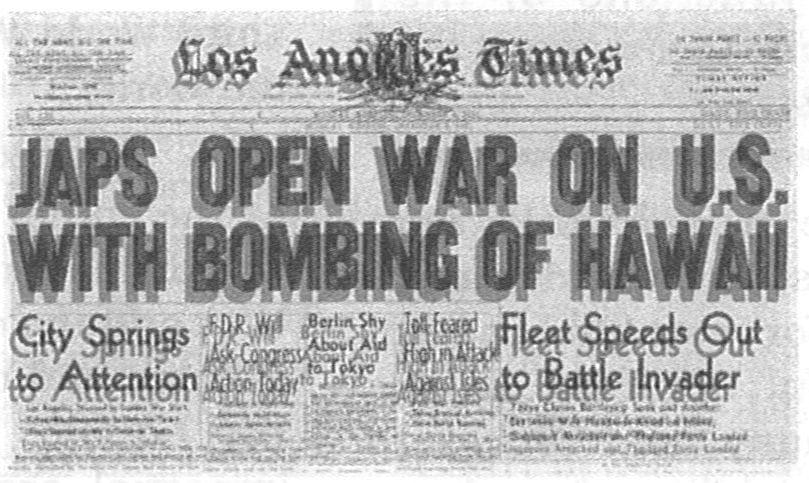History & Civics
With reference to the Second World War, explain the impact on the following:
(a) The Axis powers.
(b) Origin of the Cold War.
(c) The formation of the UN.
Answer
(a) The Axis powers (Germany, Italy and Japan) were defeated in the Second World War. In November 1942, the Allied forces (Britain, France, The Soviet Union and The USA) recaptured African territories lost by France. This was followed by their victory over Italy and then Germany.
After the defeat of Germany, the Allied powers turned their attention towards Japan. Japan had won and had occupied most of South East Asia. The British forces liberated Myanmar, Malaya, Philippines and Singapore. In the Potsdam Conference held on July 26, 1945, the Allied Powers asked Japan to surrender but Japan refused. Consequently, America dropped the atomic bombs on Hiroshima and Nagasaki. Japan offered to surrender on the terms of the Potsdam Declaration and the war came to an end.
After the war, Germany was divided into zones, each zone under the army of each of the Allied Powers. Japan and Italy also became very weak. Unlike Germany, they were not divided into zones to be governed by conquering forces. The American army was to occupy Japan until 1952. All lands acquired and seized by Japan since 1895 were taken away.
(b) Towards the end of the War, the apparent harmony between the USA and the Soviet Union declined and old suspicion and ideological differences came to the forefront.
- Though both countries did not engage in the actual fight against each other, there was a state of extreme political tension between the two.
- This state of tension between countries in which each side adopted policies designed to strengthen itself and weaken the other without armed conflict, is known as the 'Cold War.'
- The Cold War also involved an arms race involving the piling up of nuclear and conventional weapons, formation of military alliances, economic warfare and trade embargoes, propaganda and proxy wars, especially those involving superpower support for opposing sides within civil wars.
- Thus, the USA and the USSR continued to maintain diplomatic relations and did not resort to overt clashes, but treated each other with hostility.
- This led to the division of the world into two power blocs.
(c) The horrors of the two World Wars and the failure of the League of Nations led to a meeting of the Big Three — Roosevelt (President of the USA), Churchill (Prime Minister of Britain) and Stalin (Premier of the USSR) at Yalta in February 1945. They resolved to convene a conference of the representatives of all nations in San Francisco to draw up the 'Charter of the United Nations.' This led to the establishment of the United Nations Organisation on October 24, 1945.
Related Questions
The League of Nations was unable to eliminate power struggles leading to another World War. In this context describe how the following were connected with the Second World War:
(a) Japanese invasion of China.
(b) Ideological differences between nations.
(c) Hitler's invasion of Poland.
State how each of the following factors were the causes of the Second World War:
(a) The failure of the League of Nations.
(b) The Aggressive Nationalism of Germany.
(c) The Policy of Appeasement.
Read the newspaper clipping and answer the questions that follow:

(a) Why did Japan open war on the USA? Where did Japan order an attack? What the consequences of the attack on the USA?
(b) Japan made two crucial mistakes during this attack. What were these mistakes and what were the consequences of these mistakes?
(c) How did this attack was finally revenged upon by the USA?
With the surrender of Japan, the Second World War was finally over. The war had far-reaching consequences. Against this background, write short notes on:
(a) Effect of World War II on Japan.
(b) The division of Germany.
(c) Division of the world into two Power Blocs.